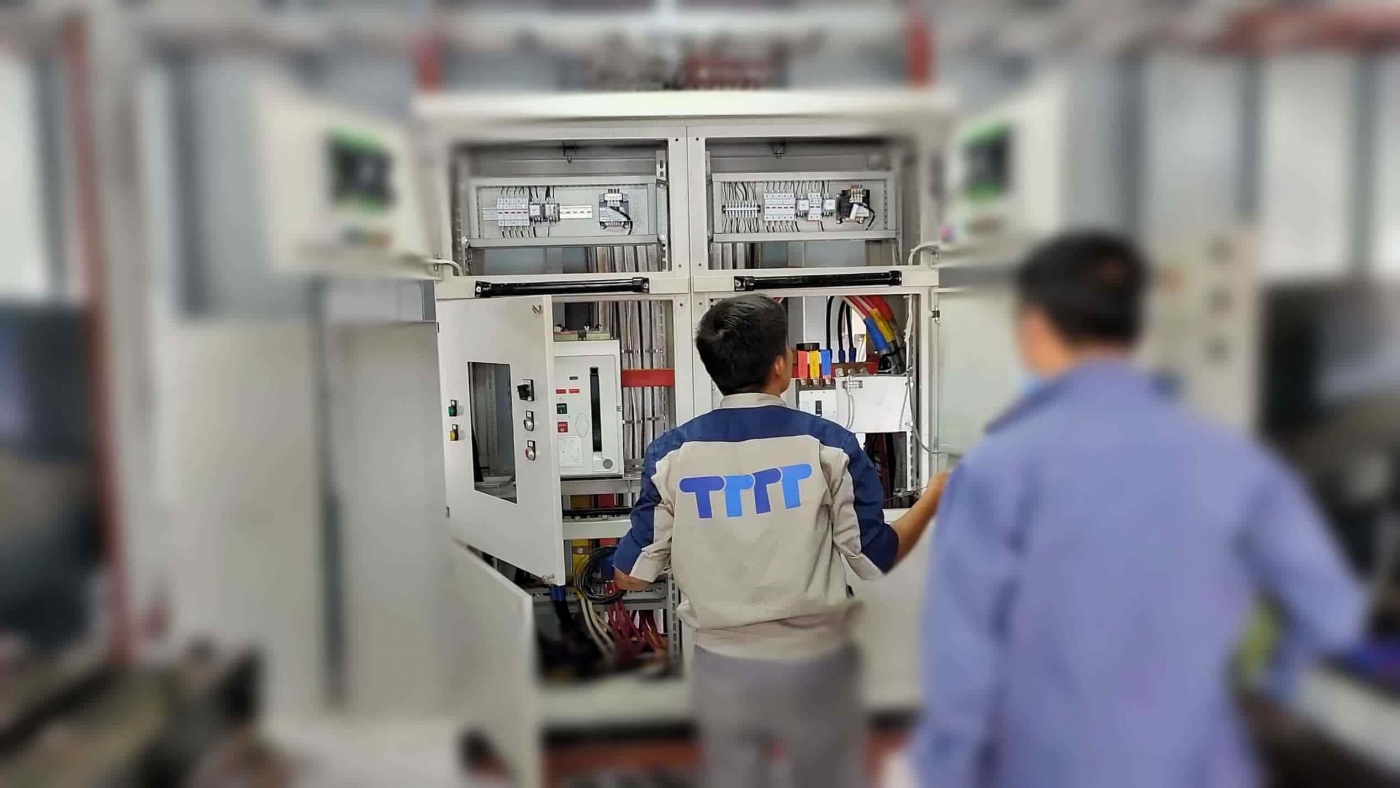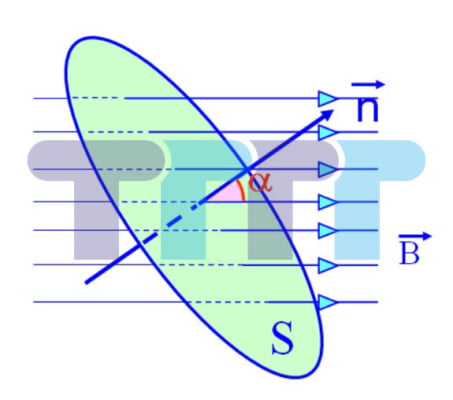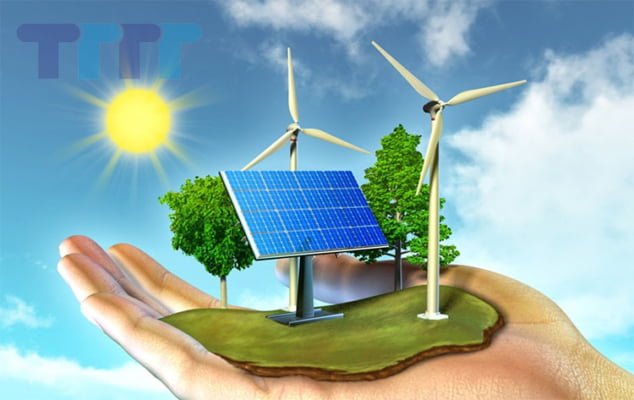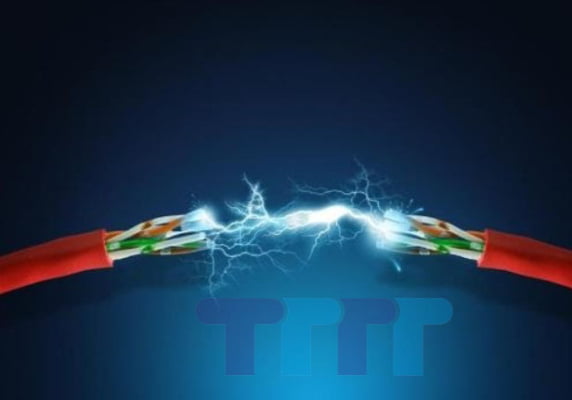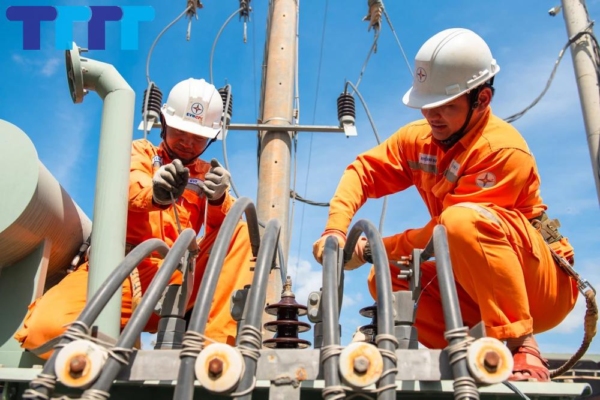Why Vietnam does not do nuclear power! This is a question that many Vietnamese people are extremely wondering about. Vietnam is a developing country with increasing energy demand. However, after many years of consideration and evaluation, the Vietnamese Government decided not to continue investing in the construction of nuclear power plants. This decision was made based on various factors, including environmental concerns, security risks, high investment and operating costs, as well as other alternative energy source options.
You may be interested in the following articles:
- Overview of the Obninsk nuclear power plant
- History and incidents of the Ukraine nuclear power plant explosion
Contents
Reasons why Vietnam does not do nuclear power: The impact of nuclear power on the environment
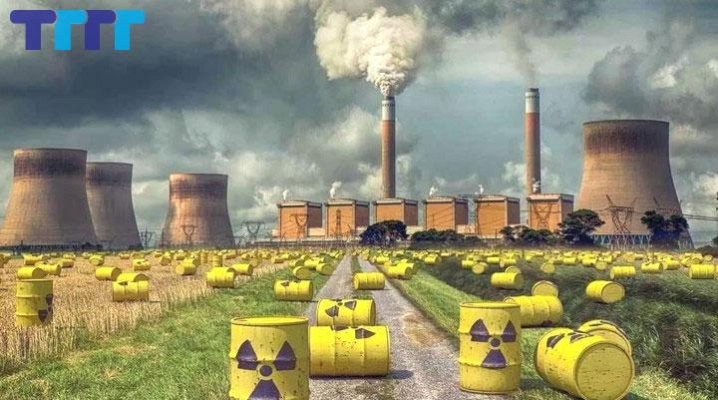
Risk of environmental pollution
Why Vietnam does not do nuclear power! The main reason comes from the effects of nuclear power on the environment and ecosystem in Vietnam. Although nuclear power is considered a clean energy source with low carbon emissions, the process of producing electricity from nuclear energy can cause serious impacts on the environment if an incident or accident occurs. problem. Nuclear accidents such as the 1986 Chernobyl accident in the Soviet Union (now Ukraine) and the 2011 Fukushima Daiichi accident in Japan have caused terrible consequences in terms of the environment and human health.
Risks of environmental pollution from nuclear power activities include:
- Leakage of toxic substances: During the operation and treatment of nuclear waste, there is a risk of leakage of toxic substances such as uranium, plutonium, or other radioactive substances into the environment. These substances can pollute the air, water and soil, affecting ecology and human health.
- Nuclear accidents: Accidents such as Chernobyl and Fukushima have shown that an incident in nuclear power plant operations can lead to serious consequences. An accident can cause radioactive substances to be released into the environment, causing widespread pollution and leading to the risk of cancer, genetic damage and other health problems for both humans and animals. animal.
- Nuclear waste treatment problem: Waste from nuclear power activities needs to be handled carefully to ensure it does not pollute the environment. The storage and disposal of nuclear waste is sometimes difficult due to its toxic and radioactive nature.
- Ecological impact: Pollution from nuclear power activities can affect the ecosystem, changing the habitat of animals and plants. This can cause a loss of biodiversity and affect the food chain in the ecosystem.
To minimize the risk of environmental pollution from nuclear power activities, applying safety measures, strict control and effective management is very important. There needs to be strict supervision from authorities as well as raising public awareness of this issue to ensure environmental safety and human health.
See more: What is wind turbine alternator?
The problem of nuclear waste disposal
One of the biggest challenges in using nuclear energy is the problem of radioactive waste disposal. Nuclear waste needs to be handled and stored safely for thousands of years to avoid endangering the environment and human health. Building and maintaining nuclear waste repositories requires large financial and technical resources.
Nuclear waste disposal requires special attention to the classification, handling, and safe storage of this waste. Nuclear waste disposal methods include recycling, compaction, hermetic packaging, and underground storage. Each method has its own advantages and limitations, and choosing the appropriate method depends on the nature of the waste and the specific conditions of each case.
One of the biggest problems when dealing with nuclear waste is its safe long-term storage. With some types of waste having decay cycles of thousands of years, finding safe and effective storage methods has become a challenge for scientists and engineers.
In addition, building and maintaining nuclear waste storage facilities also requires large financial and technical investments. Storage facilities need to be designed to ensure absolute safety, prevent leakage of waste into the environment and minimize the risk of harm to humans and animals.
In the context of increasing demand for nuclear energy, solving the problem of nuclear waste disposal has become more urgent than ever. Investment and efforts from the entire international community are needed to find effective and sustainable solutions in nuclear waste disposal, ensuring safety for the environment and people for thousands of years to come.
Impact on the ecosystem
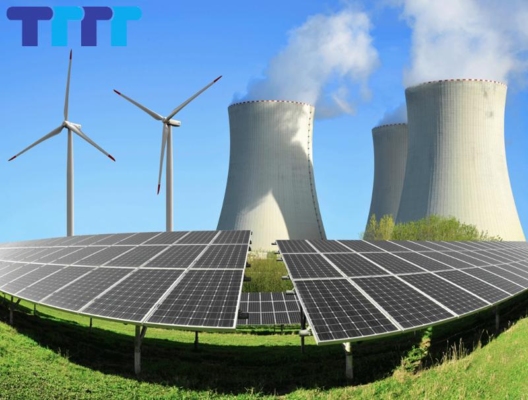
The extraction, processing and transportation of radioactive materials can cause serious impacts on the ecosystem. Mining uranium, an important source of raw materials for nuclear energy production, is often accompanied by the destruction of forests and land and water pollution due to the use of toxic chemicals in the mining process. .
During the processing of radioactive materials, radioactive substances may leak or be improperly discharged, causing land and water pollution. This affects the survival of animal and plant species in the area and can spread to neighboring areas, causing biodiversity loss.
In addition, the transportation of radioactive materials by sea or road also poses the risk of leakage, damage or traffic accidents, leading to environmental pollution and affecting the ecosystem on a large scale.
Cooling water discharges from nuclear power plants can also cause significant impacts on aquatic environments and aquatic ecosystems. Wastewater from the cooling process contains many radioactive and toxic substances. When discharged directly into the water environment without careful treatment, it can cause a significant decline in water quality and affect species. organisms that live in aquatic environments, including fish, shrimp, seaweed and other animals.
In summary, the process of mining, processing and transporting radioactive materials as well as the discharge of cooling water from nuclear power plants can cause serious impacts on the ecosystem and habitat of nuclear power plants. animals and plants, and also affects human health if not managed and handled carefully.
Risk of nuclear terrorism
The development of nuclear energy also raises concerns about national security and the risk of nuclear terrorism. The possession of nuclear materials and nuclear technology can be exploited by terrorist groups or enemy nations to create nuclear weapons. This requires strict security measures and high investment costs.
Risk of military conflict
Nuclear facilities can also become targets of military attacks, leading to serious environmental and human consequences. This increases tension and the risk of military conflict in the region.
The issue of nuclear disarmament
Although Vietnam has joined the Nuclear Non-Proliferation Treaty (NPT), the development of nuclear energy can still cause concerns about the true purpose of the program and the possibility of transitioning to nuclear energy. military purposes. This could undermine the international community’s denuclearization efforts.
Costs of building and operating nuclear power plants
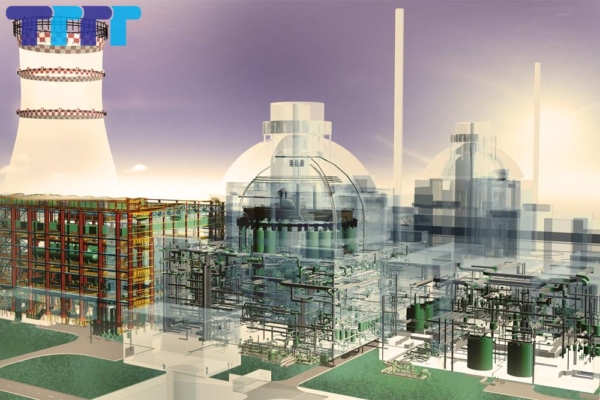
High initial investment costs
Building a nuclear power plant requires huge investment capital, often measured in billions of US dollars. Construction costs include design, equipment procurement, facility construction, as well as strict safety and security measures. This is a huge financial burden for any country, especially developing countries like Vietnam. That is the reason why Vietnam does not build nuclear power.
High operating and maintenance costs
In addition to initial investment costs, operating and maintaining a nuclear power plant is also very expensive. Activities such as purchasing nuclear fuel, disposing of radioactive waste, training specialized personnel, and implementing safety and security measures all require significant financial resources.
High financial risk
Construction and operation of nuclear power plants also carry many financial risks. These projects often span multiple years and can encounter unforeseen delays or problems, leading to budget overruns and increased costs. In addition, incidents or accidents can cause serious economic losses.
See more: Refer to the genuine alternator set price.
Company name:
TTTT GLOBAL co Ltd,.
- Address: Landmark 4 Building, Vinhomes Central Park, 720A Dien Bien Phu Str, Ward 22, Binh Thanh District, Ho Chi Minh City, Vietnam.
- Website: https://ttttglobal.com/en/
- Hotline: +84286 2728 334
- Email: Info@ttttglobal.com

